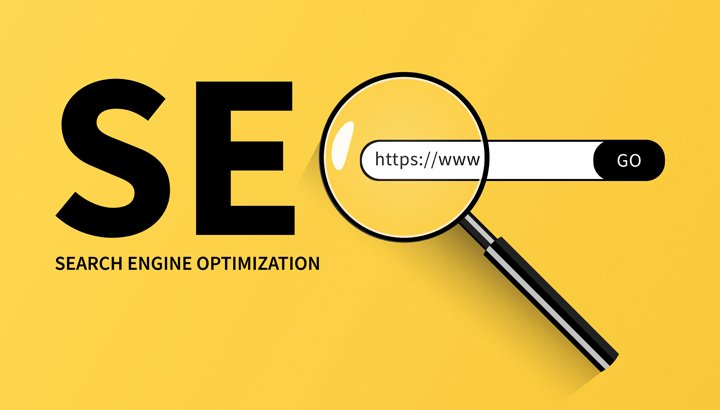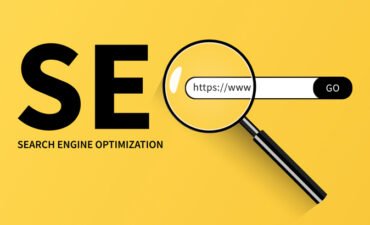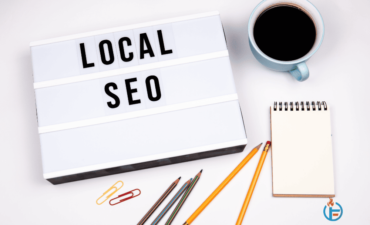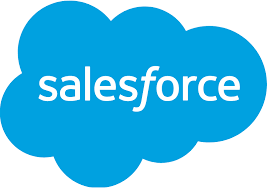In today’s digital age, having a website is essential for any business or organization. However, just having a website is not enough. It needs to be optimized for search engines so that potential customers can easily find it online. This is where Search Engine Optimization (SEO) comes in. Miami businesses can benefit greatly from local SEO techniques to target their specific audience in the area. Keep in mind the importance of monitoring and analyzing your website’s performance to continuously refine your SEO approach.
Boosting your website’s SEO involves a combination of on-page and off-page strategies to improve its visibility and ranking on search engine results pages (SERPs). In this ultimate guide, we will cover everything you need to know about improving your website’s SEO, including keyword research, content creation, link building, and technical optimization.
Why SEO is essential for your website
Firstly, SEO or search engine optimization is crucial for your website as it helps you to rank higher in the search engine results page (SERP). When your website appears on the top of Google’s SERP, it attracts more potential customers and increases traffic to your site. The higher the traffic, the better chance of converting visitors into customers.
Secondly, SEO helps you to build credibility and trust among your audience. A well-optimized website with relevant content and backlinks from reputable sources can establish a brand’s authority in their respective industry. This credibility can lead to increased sales and long-term customer loyalty.
On-page Optimization: Optimize content and meta tags
On-page optimization is a crucial element of SEO strategies that involves optimizing website content and meta tags to improve website ranking on search engine result pages (SERPs). Optimizing content includes using relevant keywords, adding internal and external links, ensuring readability, and providing accurate information. A well-optimized content can help search engines understand the theme of your website, thereby improving its visibility.
Meta tags are HTML elements that describe the content of a webpage to search engines. They include title tag, description tag, and header tags. Optimizing meta tags involves creating unique and concise titles that accurately describe the webpage’s content. The description tag should provide additional information about the webpage’s purpose or objective while including relevant keywords. Header tags divide the page into sections and help make it more readable for visitors.
Off-page Optimization: Improve backlinks and social media presence
Off-page optimization is a crucial aspect of SEO that entails improving the online presence of a website through external factors. One way to improve off-page optimization is by increasing the number of high-quality backlinks pointing to your site. Backlinks are links from other websites that direct users to your site, indicating trust and authority in your content. To improve backlinks, you can create guest posts on reputable sites or collaborate with influencers in your industry for product reviews or testimonials.
Another effective way to enhance off-page optimization is by strengthening social media presence. Social media platforms like Facebook, Twitter, Instagram, LinkedIn, and others have become essential channels for businesses to reach their target audience and build brand awareness. You can improve social media presence by sharing engaging content regularly and interacting with followers through comments, messages, or polls. Additionally, incorporating social media buttons on your website can encourage visitors to share your content on their networks, thus boosting traffic and credibility.
Technical SEO: Fix broken links and increase site speed
Broken links and slow loading speeds are some of the most critical on-site technical SEO issues that can negatively impact your website’s user experience and search engine rankings. Broken links, also known as dead links, are URLs on your website that do not lead to a valid page or resource. These broken links can harm your website’s reputation with both users and search engines. Therefore, you must regularly audit your website for broken links using tools like Google Search Console or third-party crawlers.
Another crucial aspect of technical SEO is improving site speed. Site speed refers to how fast your website loads its pages and content, which affects factors such as bounce rates, time on site, and conversion rates. Slow-loading sites tend to have higher bounce rates because most people don’t have the patience to wait more than a few seconds for a page to load.
Conclusion: Take action to improve your website’s SEO
In conclusion, boosting your website’s SEO can be a challenging task, but it is essential for the growth and visibility of your business. By following the tips outlined in this ultimate guide, you can improve your website’s ranking on search engines and attract more organic traffic to your site. Remember to focus on creating high-quality content, optimizing your website’s structure and layout, using relevant keywords, building backlinks, and monitoring your performance regularly. With these strategies in place, you’ll be well on your way to achieving SEO success.Take action today and watch as your website goes live with increased visibility and success! Don’t wait any longer; start implementing these techniques today and see the difference they make in driving traffic and increasing conversions for your business!








